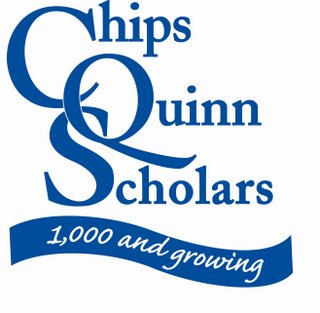"God help me accept the things I cannot change, have courage to change the things I can and have the wisdom to know the difference."
That quote was said during our breakout sessions with our career coach, Mary Ann Hogan, and it really helped me put a definition to the anxiety that I’ve been feeling about my internship.
Before, I was afraid that I would not meet the expectations of the newsroom, make mistakes often and overall be a bad intern.
But I realized that I am an intern. I was chosen by the newsroom because they saw something in me, something worth investing time in, and they already know that I won’t be perfect. I know I’ll make mistakes and I’m OK with that idea. I also know that I will strive hard to correct those mistakes and try not to repeat them.
-- Leah Caudle, Western Kentucky University, Lexington (Ky.) Herald-Leader





